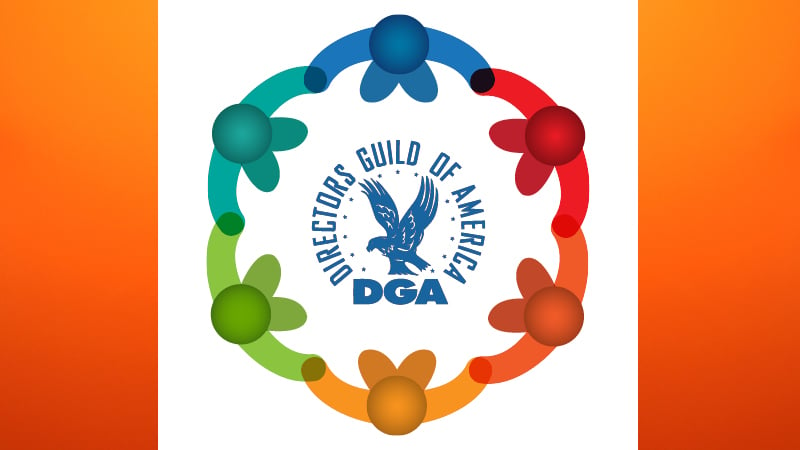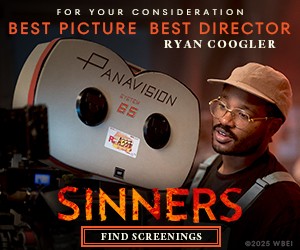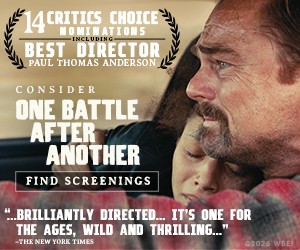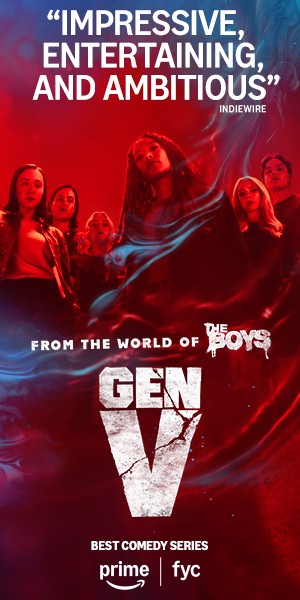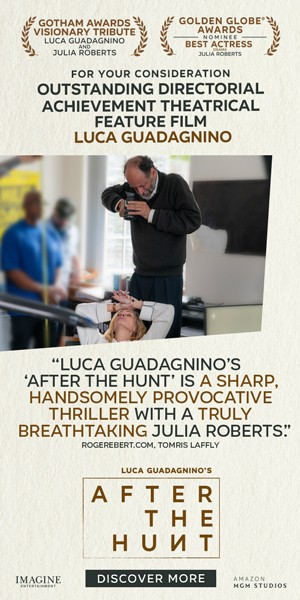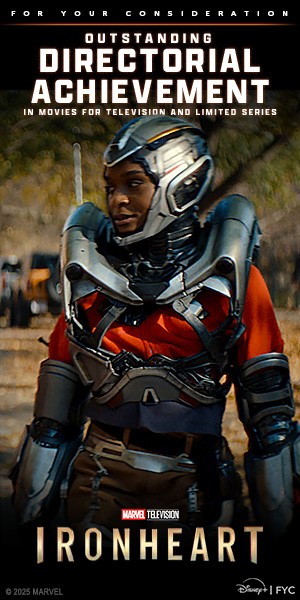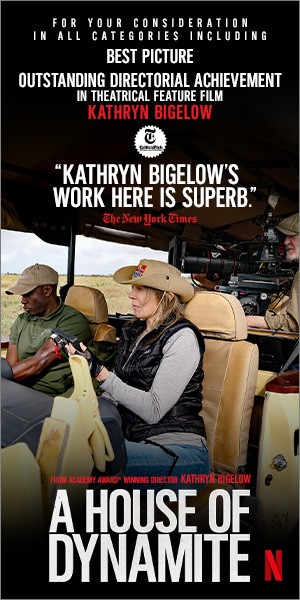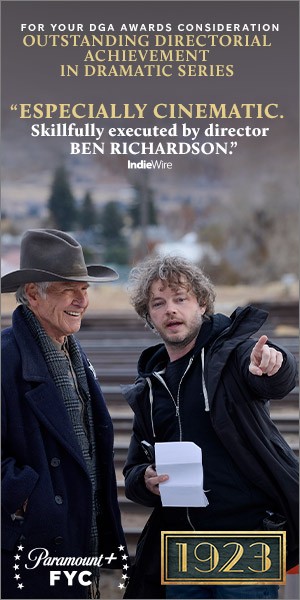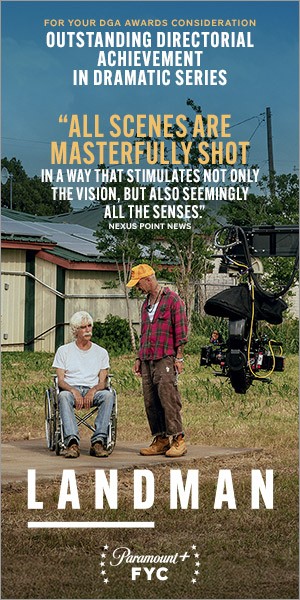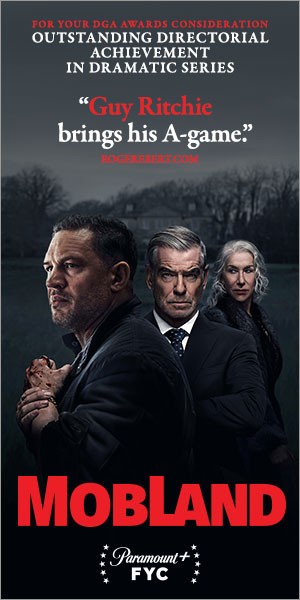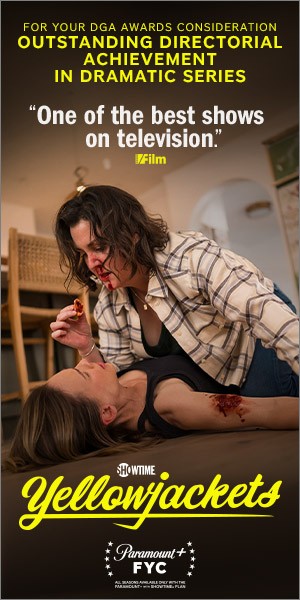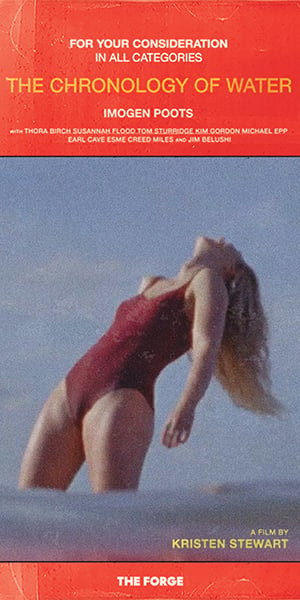In times of national troubles during the DGA’s more than 80-year history, Guild members have stepped up and used their skills to serve those in need. As the world faces a situation unlike any other during the coronavirus/COVID-19 pandemic, once again DGA members are finding thoughtful and caring ways to help others.
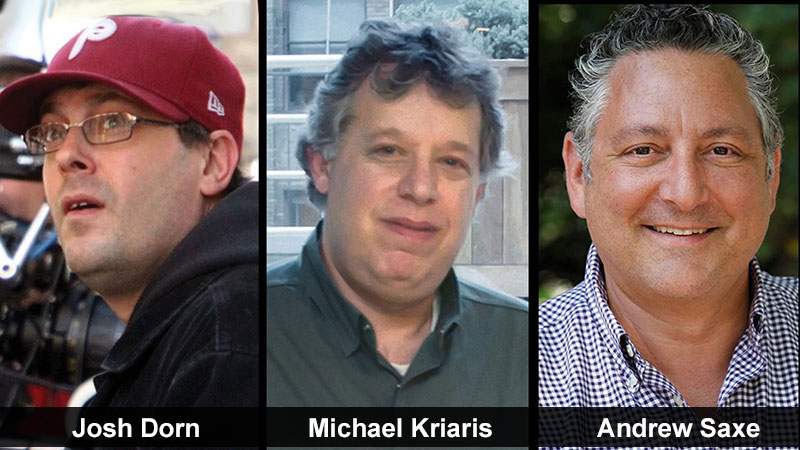 When the city of New York was nearly incapacitated by the coronavirus/COVID-19 pandemic, UPM Andrew Saxe (The Deuce, Isn't It Romantic), UPM/ Location Manager Michael Kriaris (Spider-Man: Far From Home, Succession) and Location Manager Josh Dorn (Elementary, Lincoln Rhyme: Hunt for the Bone Collector) all lent their energies to Film Industry Feeds the Front Line, a relief effort organized by Paul Brozen, the owner of New York Picture Cars who provides classic cars for shows like Boardwalk Empire and The Marvelous Mrs. Maisel. The program connects out of work film caterers to hospitals struggling to feed front-line health care workers working around the clock to treat COVID-19 patients.
When the city of New York was nearly incapacitated by the coronavirus/COVID-19 pandemic, UPM Andrew Saxe (The Deuce, Isn't It Romantic), UPM/ Location Manager Michael Kriaris (Spider-Man: Far From Home, Succession) and Location Manager Josh Dorn (Elementary, Lincoln Rhyme: Hunt for the Bone Collector) all lent their energies to Film Industry Feeds the Front Line, a relief effort organized by Paul Brozen, the owner of New York Picture Cars who provides classic cars for shows like Boardwalk Empire and The Marvelous Mrs. Maisel. The program connects out of work film caterers to hospitals struggling to feed front-line health care workers working around the clock to treat COVID-19 patients.
“The response by our industry to this campaign has been incredible,” said Saxe. “We are honored to provide comfort to those who are risking their lives daily.”
“All of the donations for Film Industry Feeds the Frontline came from people in the Industry – many of whom are DGA members,” Kriaris continued. “Most, if not all, are out of work and facing an uncertain economic future. The depth of appreciation for our front-line workers by our membership has been extraordinary.”
Through Film Industry Feeds the Front Line, mobile catering trucks are stationed at hospitals to prepare cost-free meals for COVID-19 hospital staff and personnel. Through the added involvement of other DGA members as well as members of SAG-AFTRA, Theatrical Teamsters Local 817 and IATSE Local 161, volunteer drivers further distribute the meals to other needed locations.
“We are so grateful to everyone who has donated their time and money to enabling us to feed so many hospital workers in such a short time,” added Dorn. “None of this would be possible without the help of the 817 Teamsters donating their time to deliver these meals as well as the film caterers and craft service people making them.”
Along with other contributions of food and services, Film Industry Feeds the Front Line is funded by online donations and over $109,000 has been raised, which has provided nearly 20,000 meals in 23 different facilities in New York and New Jersey.
 When he’s not working on Entertainment Tonight where he’s been for the past 20 years, Director Michael De Lazzer utilizes his organizational talents as a member of his local neighborhood council in Studio City, California. When Los Angeles Mayor Eric Garcetti reached out to neighborhood council members after the Safer-at-Home order was issued, De Lazzer and a fellow council member came up with Neighbors Helping Neighbors, a program that organizes services for seniors and others who are seriously endangered by the pandemic, so that they never have to leave the safety of their homes. “It grew so fast with volunteers that we have a shortage people who need help, which is the best possible scenario for any kind of organization and tells you a lot about our community” recalls De Lazzer.
When he’s not working on Entertainment Tonight where he’s been for the past 20 years, Director Michael De Lazzer utilizes his organizational talents as a member of his local neighborhood council in Studio City, California. When Los Angeles Mayor Eric Garcetti reached out to neighborhood council members after the Safer-at-Home order was issued, De Lazzer and a fellow council member came up with Neighbors Helping Neighbors, a program that organizes services for seniors and others who are seriously endangered by the pandemic, so that they never have to leave the safety of their homes. “It grew so fast with volunteers that we have a shortage people who need help, which is the best possible scenario for any kind of organization and tells you a lot about our community” recalls De Lazzer.
The success of Neighbors Helping Neighbors inspired the Council to think even further afield and the public safety committee developed Feed Folks, a forward-looking program designed to both feed the community and also secure the food supply by connecting directly with local farmers in the event of a disaster like a major earthquake or other emergency. Using the pandemic as a pilot program, Feed Folks recently debuted to much success. “Residents can order food from local farms wholesale.”
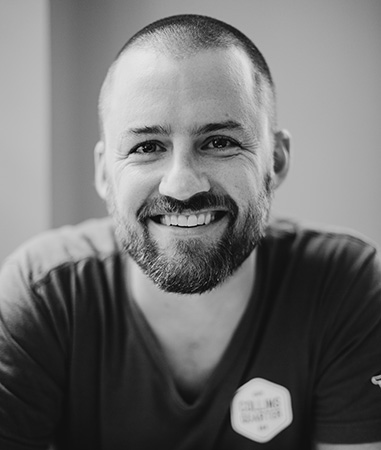 Mark C. Stevens is a Louisiana-based 1st AD whose resume includes features such as Jean-Marc Vallée’s Dallas Buyers Club and Cary Joji Fukunaga’s Beasts of No Nation. Stevens found that his skills came in quite handy in the service of Feed the Frontline NOLA, an organization founded by his Mardi Gras krewe that feeds local hospital workers. “A month later, we are feeding breakfast lunch and dinner to every single COVID hospital unit in the New Orleans area,” said Stevens. “We’re keeping open 40 local restaurants, mom-and-pop type places that might not survive this pandemic.”
Mark C. Stevens is a Louisiana-based 1st AD whose resume includes features such as Jean-Marc Vallée’s Dallas Buyers Club and Cary Joji Fukunaga’s Beasts of No Nation. Stevens found that his skills came in quite handy in the service of Feed the Frontline NOLA, an organization founded by his Mardi Gras krewe that feeds local hospital workers. “A month later, we are feeding breakfast lunch and dinner to every single COVID hospital unit in the New Orleans area,” said Stevens. “We’re keeping open 40 local restaurants, mom-and-pop type places that might not survive this pandemic.”
Feed the Frontline NOLA has had a ripple effect of keeping food on other tables as well since have they hired out of work local musicians to act as delivery staff. “It’s not just about feeding folks, it’s about preserving the culture here in New Orleans of music and local restaurants. And it’s protected the people in the supply chain where they get their food because wholesalers are struggling right now because the restaurants aren’t buying their catches from offshore or vegetables from their independent producers.”
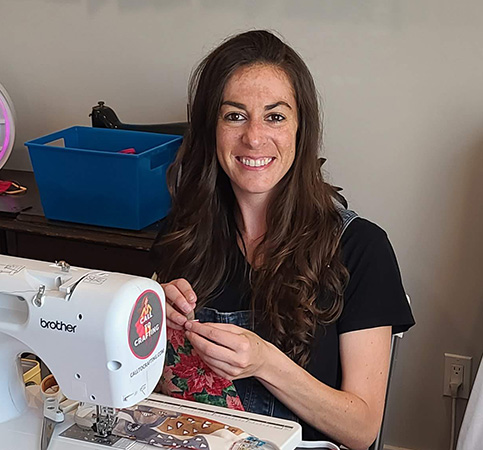 After eight seasons on NCIS: Los Angeles, 2nd AD Hillary Ann Cohen was prepping for her usual summer hiatus when she was shocked by the dangerous working conditions for the employees of her local supermarket.
After eight seasons on NCIS: Los Angeles, 2nd AD Hillary Ann Cohen was prepping for her usual summer hiatus when she was shocked by the dangerous working conditions for the employees of her local supermarket.
“It was really alarming. Grocery store employees have been suddenly thrust into this crazy environment and I felt like no one's going to take care of these people who need to work to keep us alive,” recalled Cohen. That’s when she decided to use her sewing skills and social media to create Call to Crafting, an organization that uses online events called “sew-a-thons” to make non-medical-grade masks that they distribute to entities as needed.
Cohen’s 2nd AD colleagues have also stepped up to lend their assistance. Jessica Faires McGinn organized Call to Crafting’s massive email responses into a spreadsheet so that they can be more easily tracked; Richard G. Gonzales helps with shipping the finished masks to wherever they are needed; and Lisa Chu picks up completed masks from other local sew-a-thon volunteers for delivery to their centralized shipping location. Grateful for their contributions, Cohen said, “This amazing community has come together to help each other.”
For other DGA members seeking ways to be of service during this pandemic, the overall consensus seems to be to start with organizations in your own neighborhoods. Perhaps Stevens summed it up best when he said, “Filmmakers are not health care workers on the front lines of this but that doesn’t mean that there’s nothing we can do. There’s no shortage of places that need logistical support. Sometimes we feel like we need to be doing something big given the fact that DGA members run productions where we are responsible for millions of dollars. But I think it doesn’t take a grand gesture. Really small things help, so don’t be afraid to get involved in small ways.”
